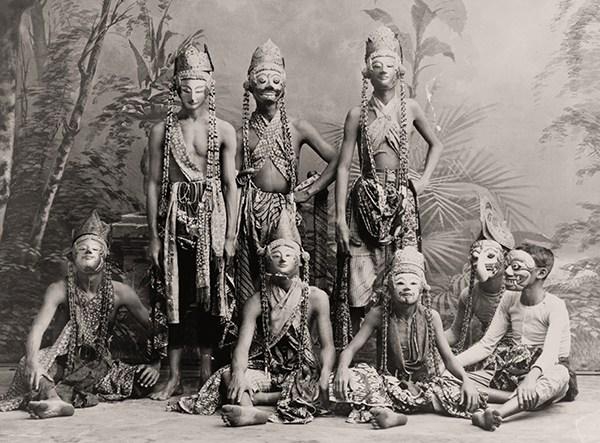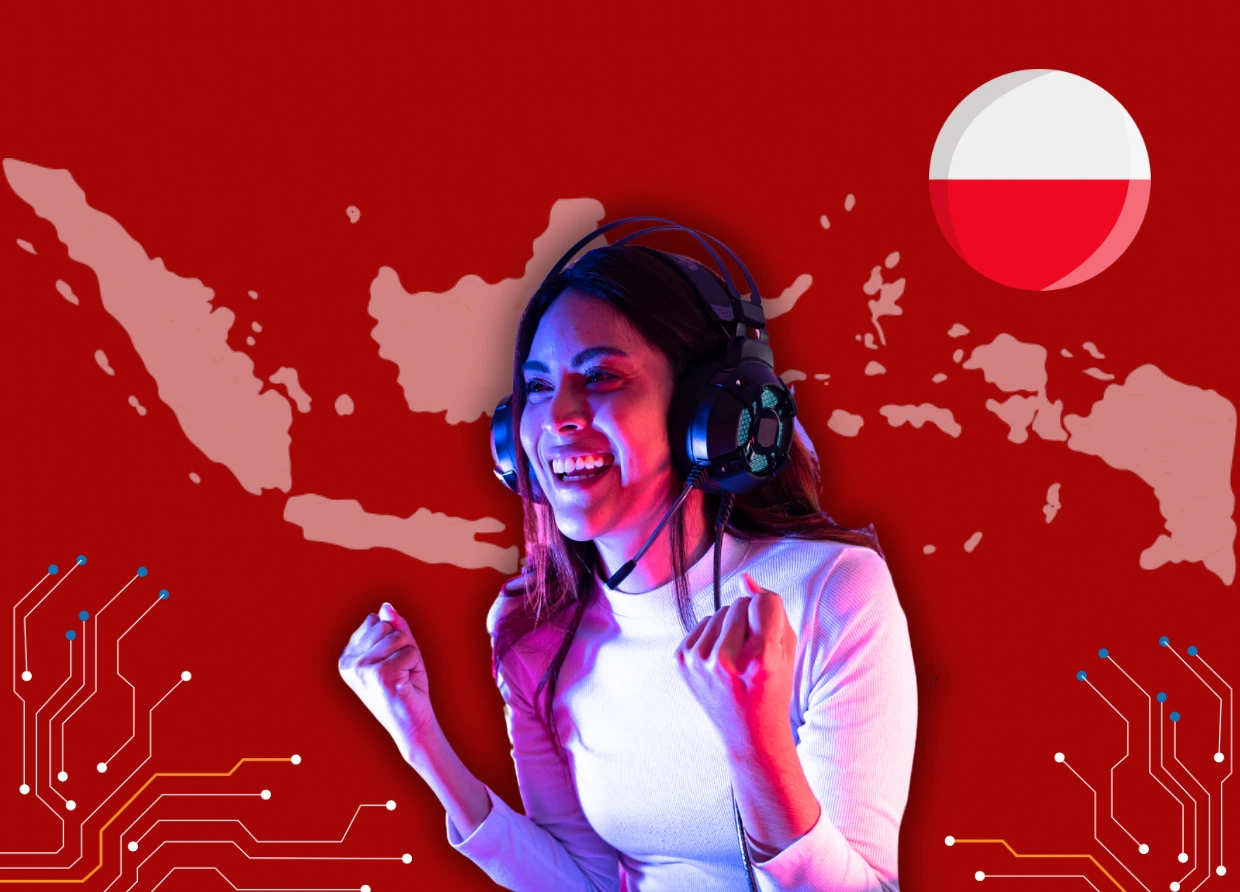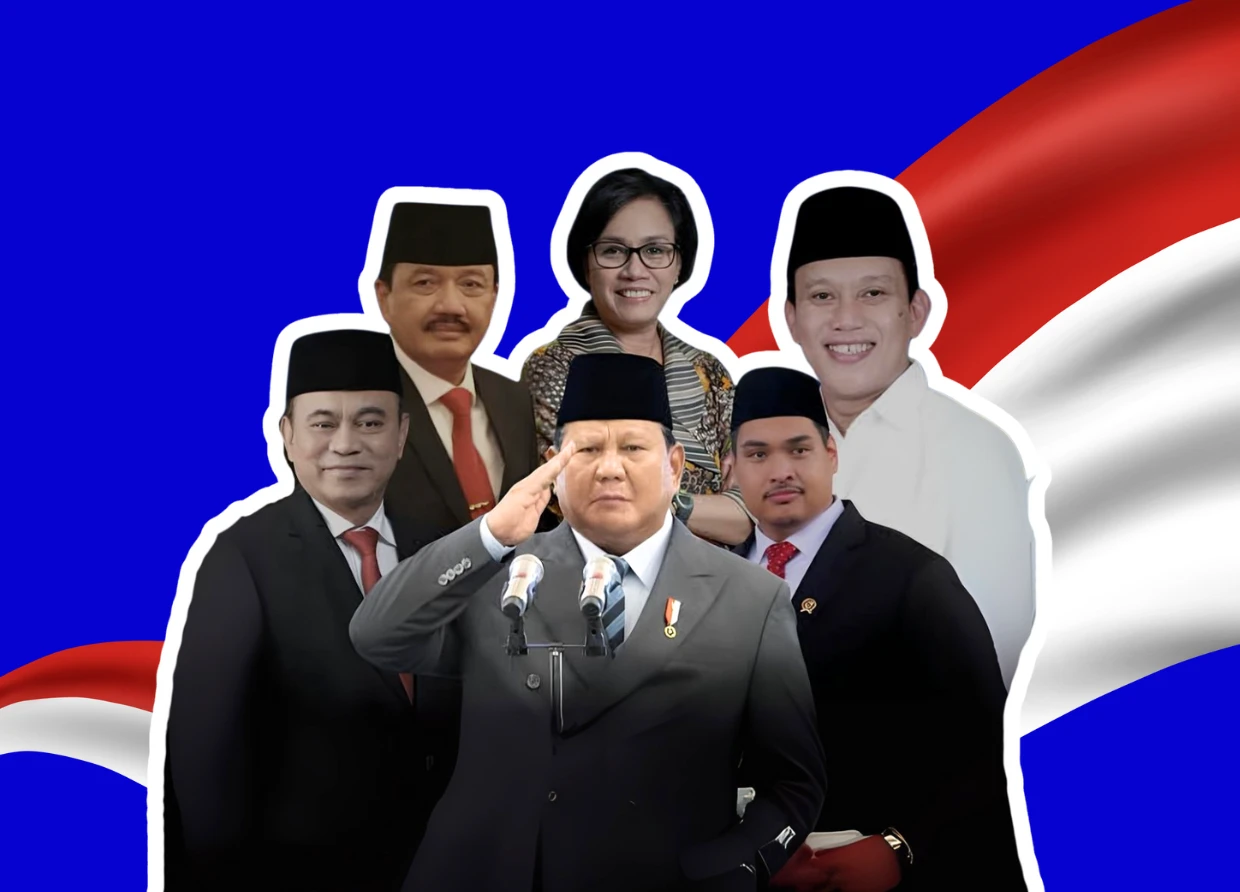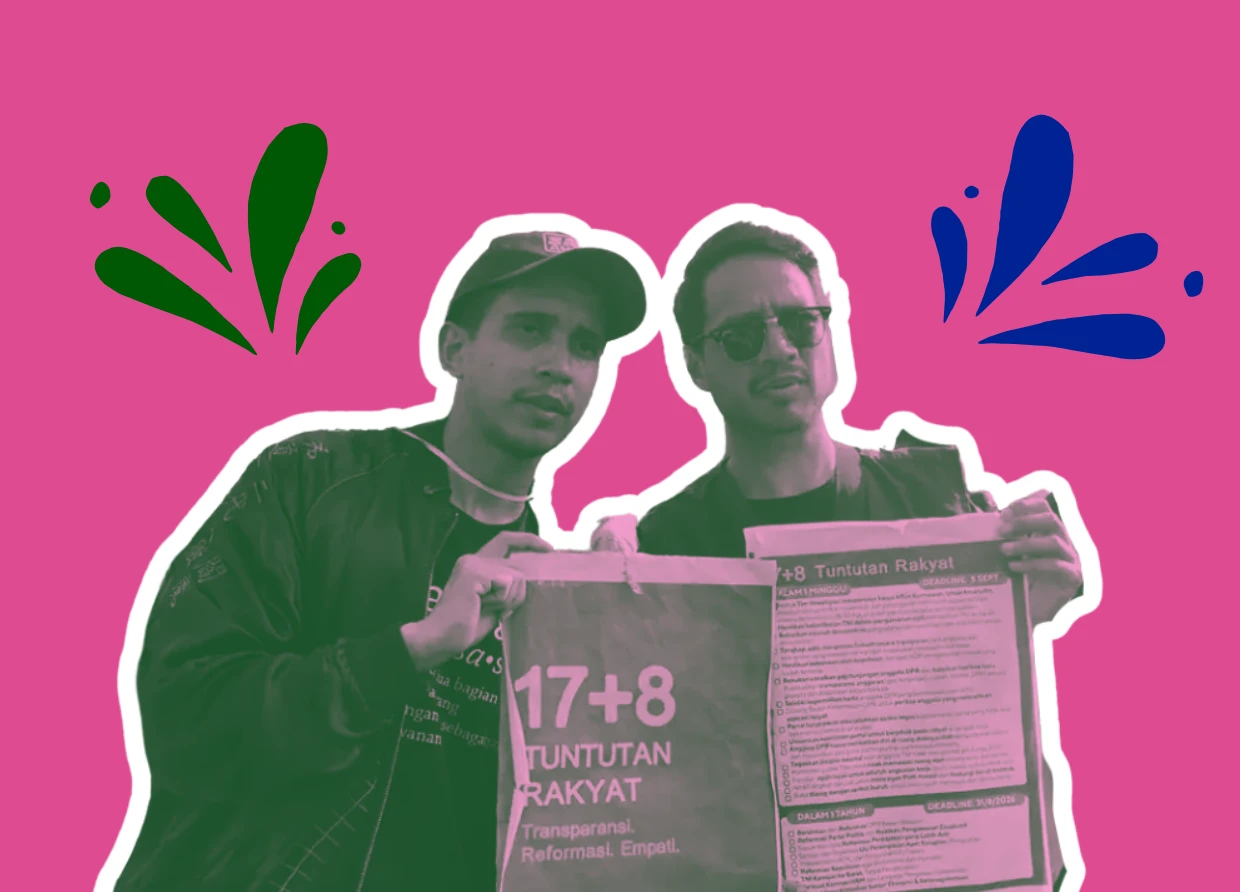THE HISTORY OF THE JAVANESE: WHERE DO THEY COME FROM?
Here are some theories that explain the origin of the Javanese.

The Javanese is one of the largest ethnic groups in Indonesia. Around 40.22% population in Indonesia are Javanese. This ethnic group has its unique characteristic in culture, language, also culinary. They also are well-known for their smooth nature of speech. Not only living on Java island, but Javanese also live in other places in Indonesia.
Javanese ethnic group is categorized as rapid growth in development. This can be proven through the relics of the great kingdoms in Java, and still, it can be seen today. For example, the temples of Borobudur, Prambanan, Mendut, Singosari, and so on.
Although the Javanese have spread entirely of Indonesia, many people do not know how the history and origins of the Javanese. Did they come from the indigenous people? Or are they immigrants? Here are some theories that explain the origin of the Javanese.

According to the archaeologist, Eugene Dubois found an ancient human fossil type Homo erectus. This fossil was found in Trinil in 1891. Then he made a comparison between the DNA of the ancient fossil with the Javanese tribe today. As a result, DNA did not have much difference from the Javanese today. This evidence was getting stronger with the discovery of ancient human fossils type Pithecanthropus erectus. Thus making these archaeologists believe that the Javanese tribe came from the indigenous population.
On the other hand, Von Hein Geldern gave opposite evidence. There had been the migration of people from the Chinese (Yunan) area to the archipelago. This migration has existed since the neolithic era 2000 BC, until the bronze age of 500 BC, on a large scale using outrigger boats.
So does Dr H. Kern said. Based on his research in 1899, the local languages ??in Indonesia were similar, and Kern concluded that these languages ??have roots from the same family, namely Austronesian.

So, this was what made Geldern believed that the Javanese did not come from the original indigenous people. However, there was also evidence through ancient Indian writings and the Malang palaces that gave different conclusions.
In ancient Indian writings, it was stated that if several islands in the archipelago, including the island of Java, were merged with mainland Asia and Australia. However, at that time, there was a disaster when sea levels rose. This separates the island of Java and several other islands.
Another ancient writing also mentions Aji Saka, a traveller who first came to the mainland of Java Island and settled there with his followers making them become the ancestors of the Javanese people.
It is also said that the prince who came from the Kling Kingdom was exiled with his followers. They struggled to open new land on a remote island, and they built a settlement and established a kingdom called Javacekwara. The descendants of these princes are considered the ancestors of the Javanese, according to the Babad Tanah Jawa.

Meanwhile, a clearer history was found. According to an ancient letter from the Malang palace, the origin of the Javanese came from the Turkish kingdom in 450 BC. At that time, King Rum, the king of Turkey, sent his inhabitants to clear land on his uninhabited island of power. However, due to the disturbance of the beasts, many of the inhabitants suffered so much that they returned to their original country.
Then, in 350 BC, the king resent the inhabitants a second time. The migration brought 20,000 men and 20,000 women from the Coromandel. The move was led by Aji Keller, who found Nusa Kendang with a highland covered by dense forest, and many wild animals.
At that time, the residents were very happy because there was a lot of food and a fertile plant called the Jawi plant on the island. Jawi plants are found everywhere. Therefore the name of this type of plant is used as the island's name, namely, Jawi Island.
#THE S MEDIA #Media Milenial #history of javanese tribe



























